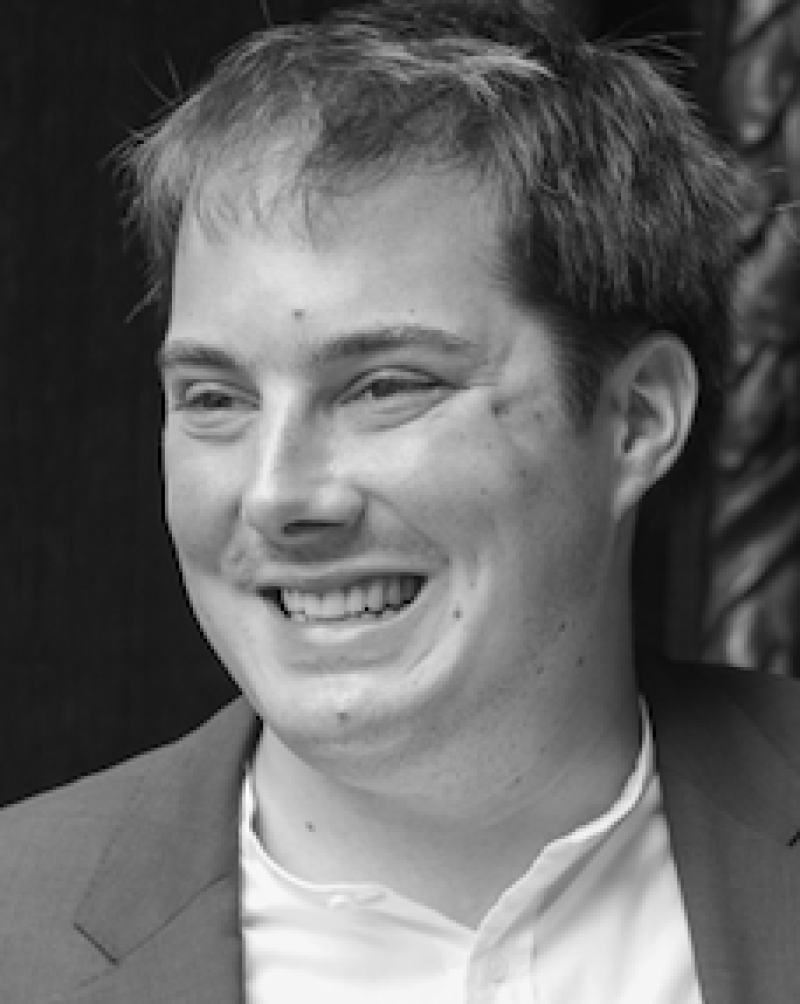
"Why Do You Keep Watching?"
A Reflection on Contemporary Detective Series
Dr. Antoine Dechêne
My talk is part of a new project which seeks to address one question: What makes detective series popular today? In the past, scholars have responded that the genre is mainly focused on plot, to the point of becoming a "narrative prototype" (Sternberg, Baroni, Ryan). This approach explains why detective fiction appears to be more limited in its proliferation across media than other genres such as fantasy or science fiction. If plot is the dominant feature of detective fiction, and plot somehow works against proliferation, then why are we still producing and consuming so many detective series? Following Marie-Laure Ryan, I wish to argue that a shift from plot to worldbuilding has occurred in detective fiction. This shift follows the evolution of narrative theory, which in the last decades had to expand to other disciplines and media. In the same way that narratology embraced the new concept of "world," popular series have adopted its potential to proliferate, an aptitude that is now truly part of its aesthetics and poetics.

Biographical Note:
Antoine Dechêne holds a PhD from the Université de Liège, Belgium, and is actually a B.A.E.F. postdoc fellow at Project Narrative. His research deals with all aspects of the metaphysical detective story in the USA and in France. Most notably, Dechêne is the author of Detective Fiction and the Problem of Knowledge (Palgrave MacMillan, 2018) and the co-editor with Michel Delville of the first volume dedicated to the genre in French: Le Thriller métaphysique d'Edgar Allan Poe à nos jours (Pulg, 2016).
“A Narratological Analysis of Cross-Fictionality in Political Rhetorics”
Dr. Mari Hatavara
In this talk, I approach fictionality as a set of semiotic strategies prototypically associated with fictional forms of storytelling. Whilst these strategies are strongly associated with fiction, they might also be used in non-fictional contexts – or those in which the ontological status of the narrative is ambivalent – to create cross-fictional rhetorical effects. This talk focuses on one such strategy, the representation of thought and consciousness of another person. Using narratological speech category approach and the concept of mind style to distinguish discursive agency, I analyze political interviews and a journalistic text in order to demonstrate the benefits of analyzing narrative features characteristic of fiction in nonfictional narrative environments. Linguistically oriented analysis helps to elaborate the ideological mixing of points of view in cross-fictional representations, to pinpoint how the mind of another person can be portrayed as if known, transparent or accessible to the speaker or author of a nonfictional narrative. The analysis further demonstrates that cross-fictional mind representation introduces interpretative uncertainty as to whose point of view is put forward in ambiguous parts of the text. Therefore, an affordance of cross-fictional mind presentation is that authors can hint at different possibilities and internal contradictions in the mental interiors they represent. For the audience, this uncertainty brings about an interpretative challenge, as fictional portrayal of other minds is used to argue the author’s point in the real world.
Biographical Note:
Mari Hatavara is Chair Professor of Finnish Literature at the Tampere University, Finland. Her research interests include interdisciplinary narrative theory and analysis, fictionality studies, free indirect discourse, (unnatural) narrative communication, ekphrasis, and the poetics of historical fiction and metafiction. She is currently visiting the Project Narrative at The Ohio State University, and has been Visiting Professor at York University Interdisciplinary Centre for Narrative Studies, UK (2017), Marie Curie Cofund Fellow at Aarhus Institute of Advanced Studies, Denmark (2016) as well as Fellow in Residence at Swedish Collegium for Advanced Study, Sweden (2011).
Hatavara is consortium Principal Investigator for the project “The Literary in Life: Exploring the Boundaries between Literature and the Everyday” funded by the Academy of Finland, and a member of the steering group for the project “Voices of Democracy: The Will of the People by the People and by their Representatives,” also funded by the Academy of Finland. Her latest articles on fictionality include “Hybrid Fictionality and the Vicarious Narrative Experience” with Jarmila Mildorf (Narrative 25:1, 2017), “Fictionality, Narrative Modes and Vicarious Life-Storying” with Jarmila Mildorf (Style 51:3, 2017) and “‘I can tell the difference between fiction and reality.’ Cross-fictionality and Mind-style in Political Rhetoric” with Sam Browse in Narrative Inquiry (forthcoming, 2019).
